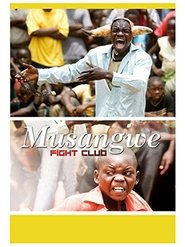
Welcome to North Korea!
Documentary.In its catalogue, a Czech travel agency offers a "journey into the unknown", a tour of North Korea. That spring was the second time since 1990 that a group of Czech tourists set foot in the DPRK. The film follows twenty-seven Czechs who have decided to spend approximately 2,600 Euros on a sightseeing tour of a country which cultivates a cult of personality, maintains concentration camps for its citizens and doesn't hide its development of nuclear weapons. Foreign visitors are only allowed a view of a carefully prepared illusion, thoroughly supervised by "guides". What is more, the North Korean system is starkly reminiscent of our own past. Which emotions do our travellers experience: sympathy, nostalgia or, in contrast, happiness that "we already have this behind us"? How does a Czech person, after being accustomed to eighteen years of freedom and democracy, come to terms with the directives and restrictions of a totalitarian system?
- Overview
- Crew
- Recommendations
Welcome to North Korea!
- Overview
- Crew
- Recommendations
Status
Released
Release Date
Feb 26, 2009
Runtime
1h 16m
Genres
Documentary
User Score
53%
Original Title
Vítejte v KLDR!
Production Companies
Negativ, HBO Česká republika
Director
Linda Kallistová Jablonská
Description
Documentary.In its catalogue, a Czech travel agency offers a "journey into the unknown", a tour of North Korea. That spring was the second time since 1990 that a group of Czech tourists set foot in the DPRK. The film follows twenty-seven Czechs who have decided to spend approximately 2,600 Euros on a sightseeing tour of a country which cultivates a cult of personality, maintains concentration camps for its citizens and doesn't hide its development of nuclear weapons. Foreign visitors are only allowed a view of a carefully prepared illusion, thoroughly supervised by "guides". What is more, the North Korean system is starkly reminiscent of our own past. Which emotions do our travellers experience: sympathy, nostalgia or, in contrast, happiness that "we already have this behind us"? How does a Czech person, after being accustomed to eighteen years of freedom and democracy, come to terms with the directives and restrictions of a totalitarian system?
Crew
Recommendations
Girls Fight Club

GCW: Fight Club Houston
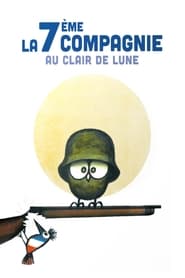
The Seventh Company Outdoors
Jurassic Fight Club

Barbie Mariposa & the Fairy Princess
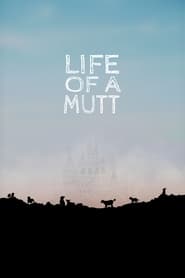
Life of a Mutt

Beethoven's 4th

Barbie Presents: Thumbelina

High School Musical: The Concert
Forest

Forest

Lone Wolf and Cub: Baby Cart at the River Styx
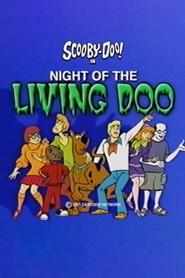
Night of the Living Doo

Forest

Main Krishna Hoon
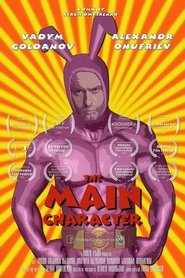
The Main Character
